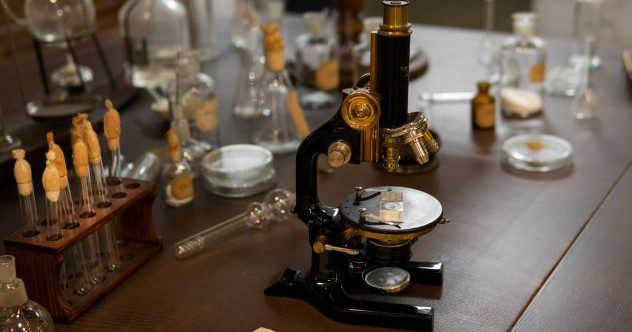- Research Highlight
- Published:
Gene editing
volume 43, page 864 (2025)Cite this article
CRISPR-associated transposases (CASTs) are an attractive candidate for genome editing applications, as they enable the insertion of large DNA cargoes without creating double-strand breaks. However, CAST systems have shown limited activity in human cells. In a paper published in Science, Witte et al. apply phage-assisted continuous evolution (PACE) to direct the rapid evolution of new CAST variants, acquiring a CAST system capable of efficiently integrating gene-size cargoes in human cells.
Iterative rounds of PACE yielded an evolved TnsB — a component of the Type I-F CAST transposition machinery — with integration efficiency in HEK cells more than 200-fold higher than that of the wild type. The evolved TnsB contained ten activity-enhancing mutations spanning multiple domains, suggesting that PACE optimized diverse functionalities to improve TnsB’s performance and that obtaining such a variant through rational protein engineering would have been unlikely. Notably, the evolved TnsB did not require supplementation with the accessory protein ClpX, a cytotoxic factor previously used to increase CAST editing efficiency.
This is a preview of subscription content, access via your institution
Access options
Access Nature and 54 other Nature Portfolio journals
Get Nature+, our best-value online-access subscription
27,99 € / 30 days
cancel any time
Subscribe to this journal
Receive 12 print issues and online access
195,33 € per year
only 16,28 € per issue
Buy this article
- Purchase on SpringerLink
- Instant access to full article PDF
Prices may be subject to local taxes which are calculated during checkout
Rights and permissions
About this article
Cite this article
Marchal, I. A laboratory-evolved CRISPR-associated transposase adapts to human cells.
Nat Biotechnol 43, 864 (2025). https://doi.org/10.1038/s41587-025-02720-x
-
Published:
-
Issue Date:
-
DOI: https://doi.org/10.1038/s41587-025-02720-x






















